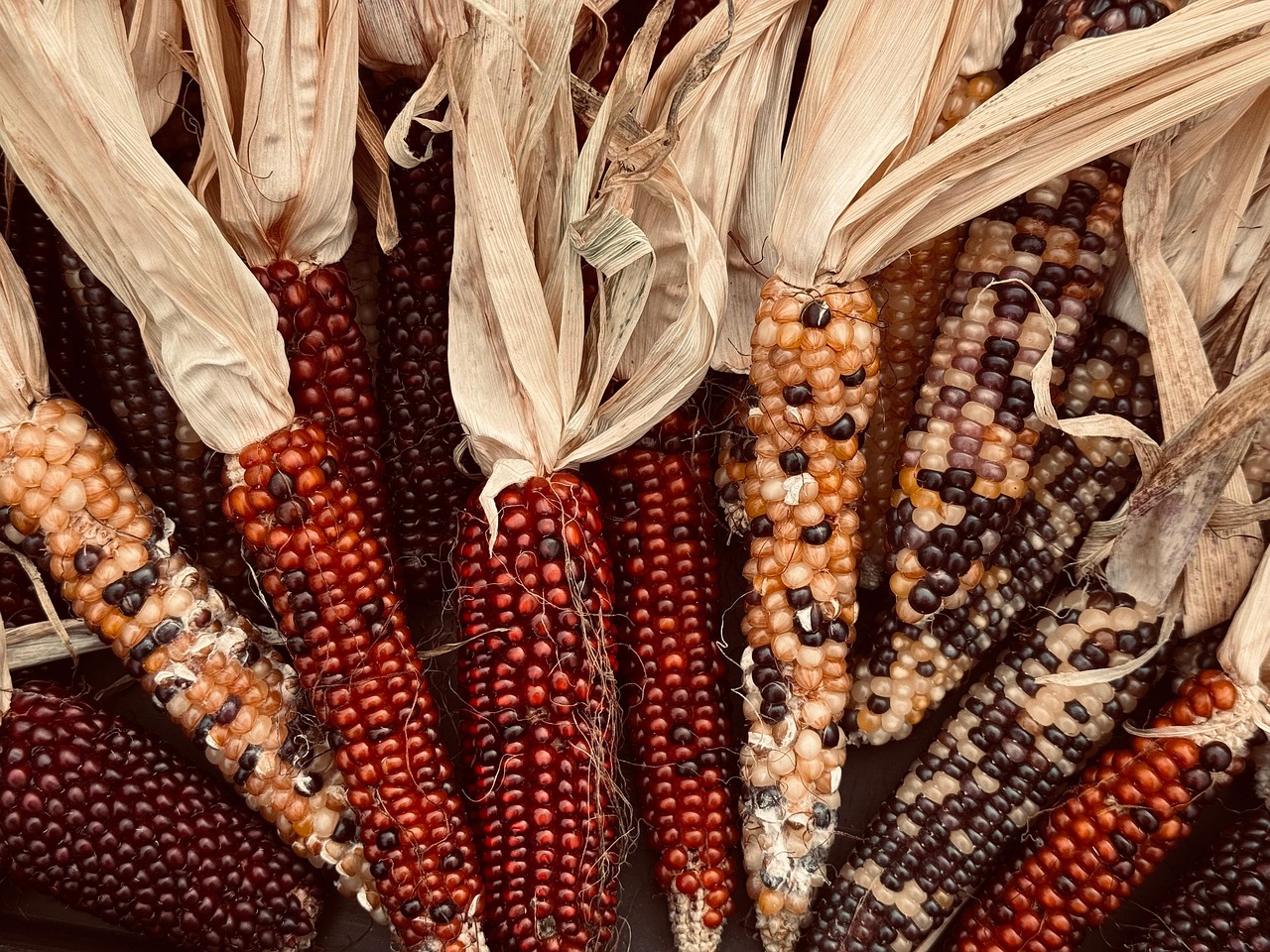Climate Change Could Slash Global Crop Yields, Even After Adaptation Efforts

As the planet warms, even the best farming practices may not be enough to maintain the productivity of essential food crops. A new global study has shown that for every 1°C rise in average temperature, the availability of calories per person could drop by nearly 4% by the end of the century.
Key food crops such as rice, wheat, maize, soybeans, and sorghum are expected to face significant yield losses—even with adaptation measures like modified sowing dates and improved seed varieties. For instance, rice yields in northern India might decline by over 20% by 2050, and wheat output could fall by nearly 10% globally by 2100.
Understanding the Study
This research used extensive modeling that incorporated real-world decisions made by farmers to mitigate the effects of rising temperatures. Scientists evaluated over 13,500 locations across 12,000+ political and administrative regions. The findings cover six staple crops and various climate conditions.
While adaptation strategies—like adjusting planting dates or using climate-resilient crops—offer partial relief, they may only reduce 23% to 34% of global agricultural losses. The remaining losses could still be “substantial,” the researchers emphasized.
Global Impact and Regional Disparities
Losses will not be evenly distributed. High-emission regions, especially in Asia and Sub-Saharan Africa, are expected to be the hardest hit. Even breadbasket regions in North America and Europe will see declines. Exceptions exist, particularly in parts of Russia and Canada, where slight warming might temporarily boost yields.
Overall, countries that are already struggling with food insecurity could face more severe impacts due to their limited capacity for adaptation and innovation.
The Way Forward
Experts suggest that beyond adaptation, greater focus should be placed on innovation in agriculture, expansion of farming techniques, and investment in research to develop more resilient crop varieties. Only through such proactive efforts can food systems hope to stay ahead of the changing climate.
Bottom Line: Climate change is poised to reshape global food production, and urgent, innovative action is needed to protect yields and food security worldwide.
